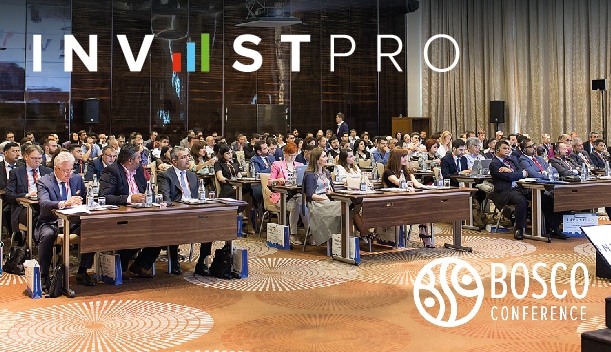The company has always exposed to uncertainties that are called business risks. They may affect a firm’s aim to gain its goals. The danger of loss is in the form of machinery breakdown, strikes, change of trends, etc.

Factors Causing Business Risks
Business risks result in less profit or even loss. The factors that lead to risks can be Internal or External.
- Internal Business Risks: risks that arise due to some event happening within a firm are internal risks. However, the firm can control them. Internal risks occur by:
- Technological factors
- Human factors
- Physical factors
- Operational factors
Examples: New technology, fire, cost-cutting, etc.
- External Business Risks: External risks occur by any event happening outside the firm. However, the firm’s management cannot control them. The factors that lead to external risks are:
- Natural factors
- Economic factors
- Political factors
Examples: Floods, price pressure, riots, etc.
Types of Business Risks
Risks have divided into five kinds:
- Strategic Risk: The risks associated with business operations are strategic risks. They arise when the business plans fail. Poor business decisions lead to failure, e.g., marketing risk, project risk, competitive risk, etc.
- Financial Risks: These risks related to business events and finance. It adds to shareholders by debt financing, along with equity.
For example, there can be losses by movement in stock prices, interest rates, etc.
- Operational Risks: These risks linked with official procedures of a business. There is a failure to connect to internal policies.
For example, some events like frauds, computer hacking, etc. affect a company’s daily activities
- Compliance Risks: Such risks occur by state rules and commands. When the company fails to follow laws, it has to face legal penalties. These risks ensure that the firm runs justly.
For example, corrupt practices, social responsibility, etc.
- Reputation Risks: The negative publicity of a firm/product leads to this risk. There is a chance that a company’s name can damage.
For example, a mobile company issues a phone that breaks easily. But then it markets a new and better model.

Ways to Manage Business Risks
You can plan to manage the exposure of risks.
- Mitigate the risk: You need to keep a contingency plan. In case if the risk materializes, you must have a second plan to follow.
- Avoid the risk: It’s better to avoid than to bear a loss. Sometimes the launch of a product leads to affect the company financially. You can postpone it until your company stabilizes.
- Transfer the risk: You can pass financial risks to someone else. For instance, fire insurance is the best example of it.
- Accept the risk: If the risks are likely to happen, you can opt for small damage. So, examine the other option and make the right decision to accept the risk.
Business risks lead to uncertainties, but a good businessman takes them as a challenge. Risks lead to new clients and more sales. You can, however, manage to minimize the worst to happen.
See also about Financial Riska Management










